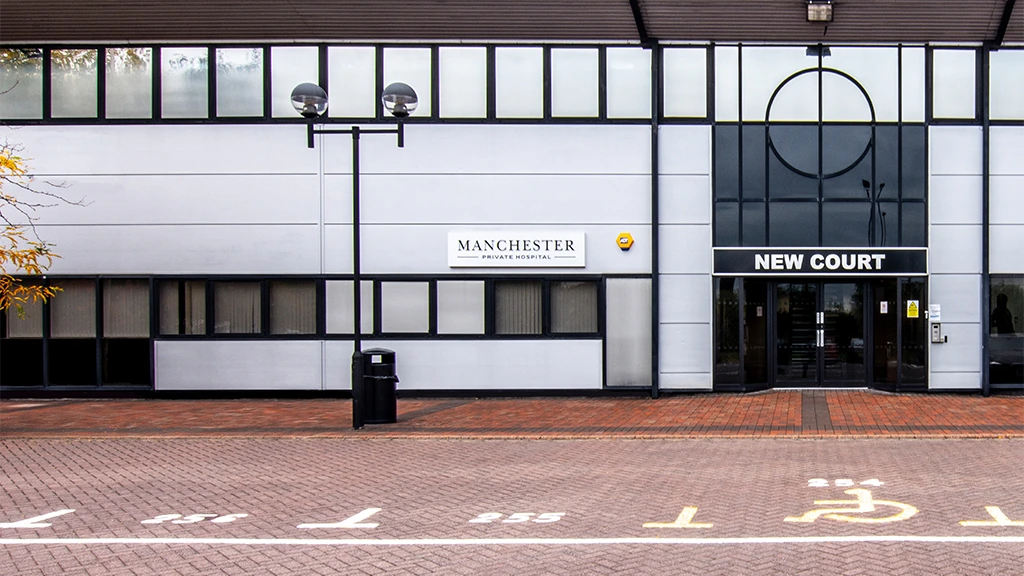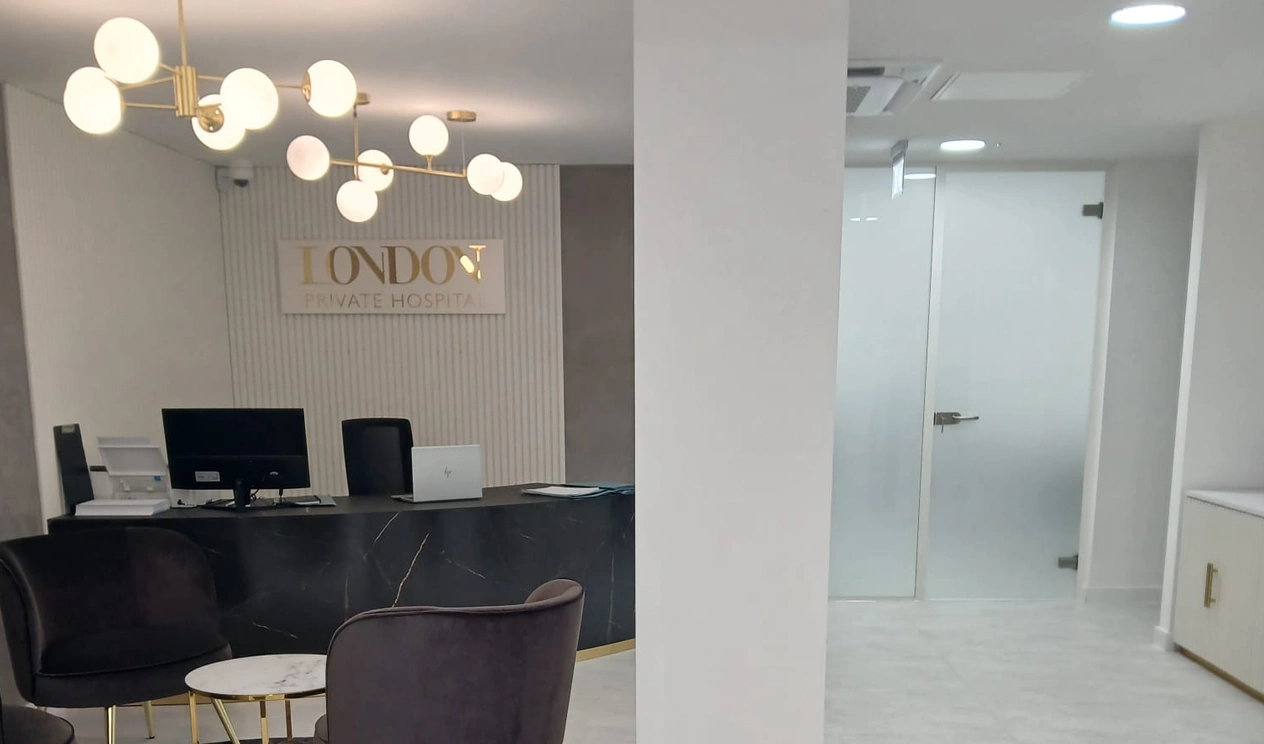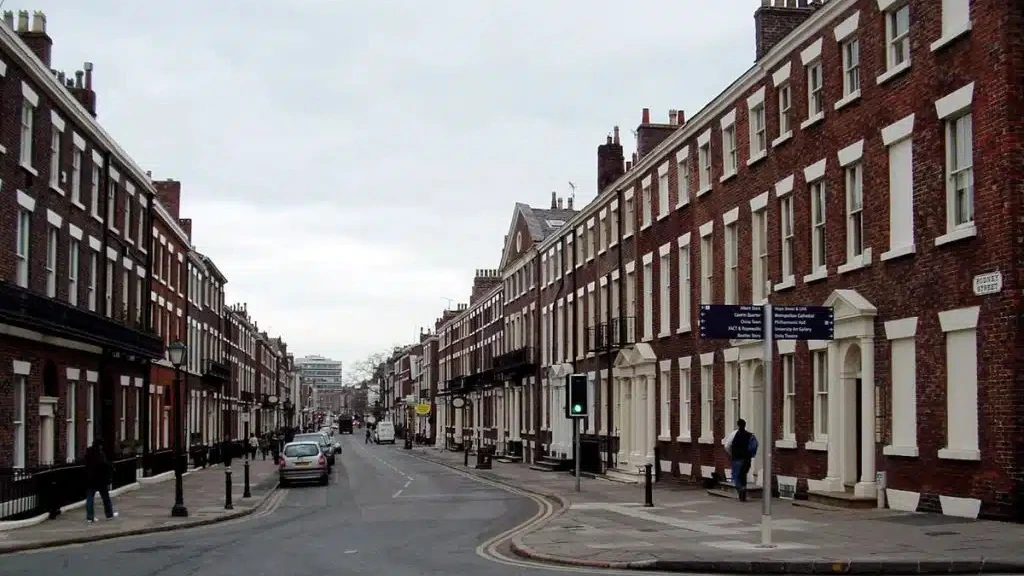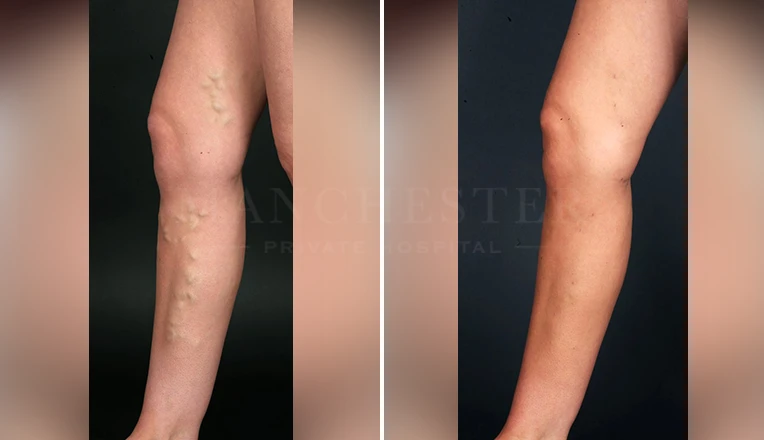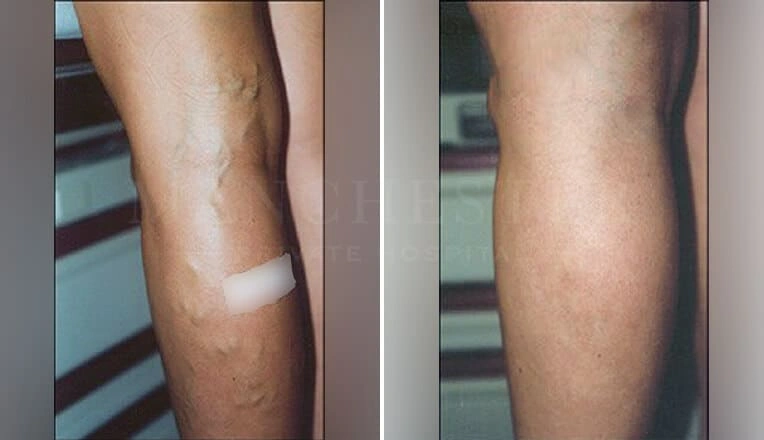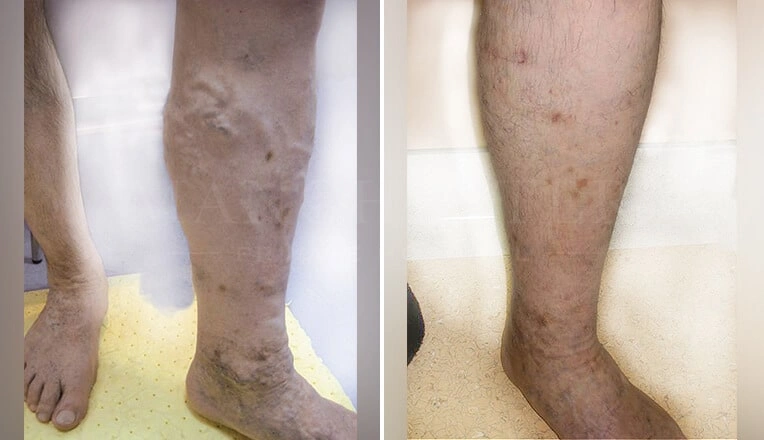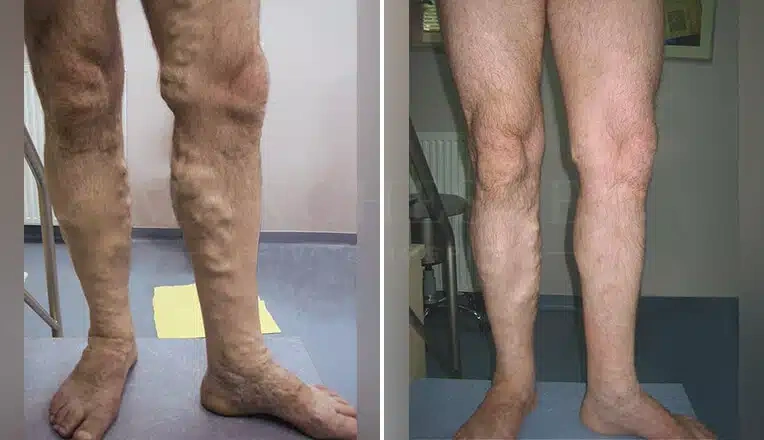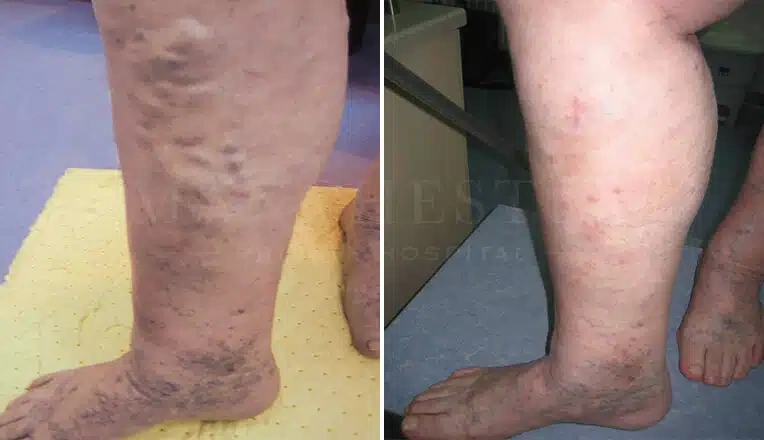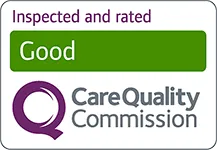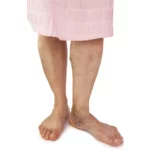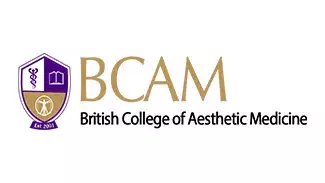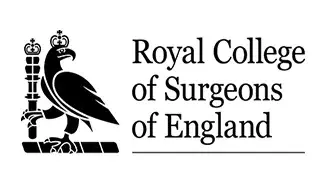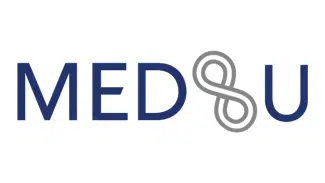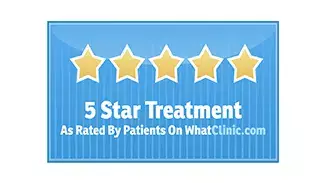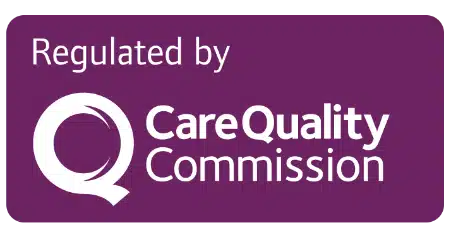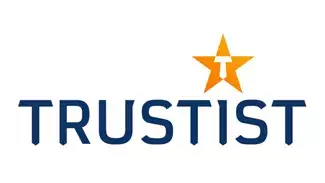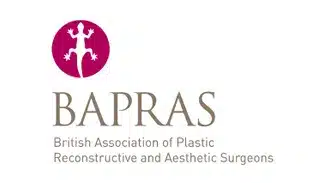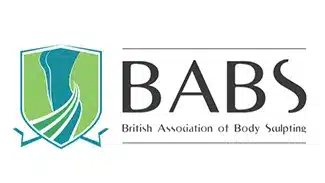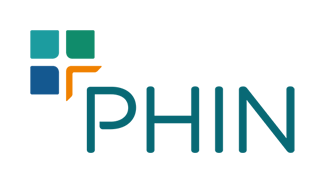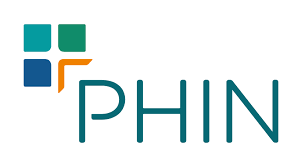6 Things You Can Do To Help Varicose Veins
There are a number of treatments you can try at home to ease the pain of varicose veins and potentially make them less visible.
Common physical symptoms of a varicose vein present in the leg include:
Camps in the leg muscles, such as the calf
Dry skin that feels itchy or thin around the varicose vein
Swollen ankles / feet
Uncomfortable sensation such as burning, aching or heaviness
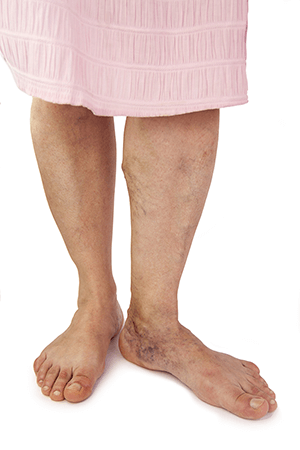
When a patient has a varicose vein, there are some simple lifestyle changes and treatment options available. Including:
1. Support / compression stockings
You can pick up support socks / compression stockings on the high street, including from a pharmacy. These can help ease leg symptoms by applying constant pressure to the area. Compression against the legs can allow the veins and muscles to flow blood better back to the heart.
2. Diet / food
There are certain foods that can cause problems in the body and affect blood flow, such as food that is rich in salt.
Too much salt / sodium can overload the body and increase water retention. Cutting out salty foods can make a huge difference.
In addition, foods that are rich in potassium can further minimise water retention.
High potassium foods include:
Fish, such as tuna and salmon
Potatoes
Lentils
Nuts such as pistachio and almonds
White beans
Leafy vegetables
Constipation can also make some varicose veins worse. Pushing and straining too hard can put pressure on the valves in the veins and potentially aggravate them.
Eating fibre rich foods can help keep your bowel movements regular, such as wholegrain, wheat, oats, nuts and seeds.
Furthermore, being obese or overweight can not only cause varicose veins, but make them worse too. Eating a balanced diet and losing some weight can help.
3. Exercise
Exercising regularly can increase the overall circulation of the blood in the legs and body.
If valves are damaged, blood can collect / flow the wrong way in the veins.
Therefore, exercising can help push the blood in the correct direction and reduce blood pressure.
If you are worried about exercising with varicose veins or are experiencing symptoms, start with basic exercises and gradually work your way up.
You don’t need to strain yourself with a hefty workout, simply partake in some light exercise to keep the calf muscles active, such as cycling, walking, yoga or swimming.
4. Raise your legs and wear suitable clothing
If you raise your legs so that they are positioned at the same height as your heart, or higher, it can help blood circulation around the body and back to the heart.
This can sound a bit silly or impossible to some people, but it’s easier than you think. Laying flat on a bed for example will keep your legs level with your heart. Propping your ankles up with a pillow or two will raise your legs above your heart when laying in bed.
In addition, if you ensure you do not wear clothing that is tight fitting against your skin, you may find that the blood is less restricted and can flow more freely in and out of the lower body.
5. Massage
When people hear the word massage, they sometimes shudder at the thought of visiting a masseuse and revealing their varicose vein legs, which they are already self conscious about.
However, gentle massages can be performed by yourself, or your partner, and can help massively with blood flow.
Do not press or poke, but simply gently rub the affected area. Massages can be performed with or without oils / moisturiser.
6. Don’t be idle
Standing or sitting for long periods of time can cause varicose veins and make already present ones worse.
Be sure to change position and keep moving around if you are on your feet all day.
People who work in certain jobs can be more prone to varicose veins than others. Jobs include; retail employees, security guards, caterers, hair dressers, factory line employees and librarians.
If you wish to know more about varicose veins and the treatment options available, contact us or visit our Varicose Vein Removal page.
Varicose Veins Before and After Gallery
Read Our Patient Reviews
Explore our reviews made by real patients
Meet Our Expert Surgeons
Get to know our highly experienced surgeons
Consultation Locations
We offer Consultations from a number of locations around the UK
Prices and finance
We have partnered with Chrysalis Finance, allowing patients to apply for cosmetic surgery finance for all our procedures
Consultation Locations
Manchester Hospital
Manchester Private Hospital New Court, Regents Place, Windsor
Street Salford, Greater Manchester, M5 4HB.
